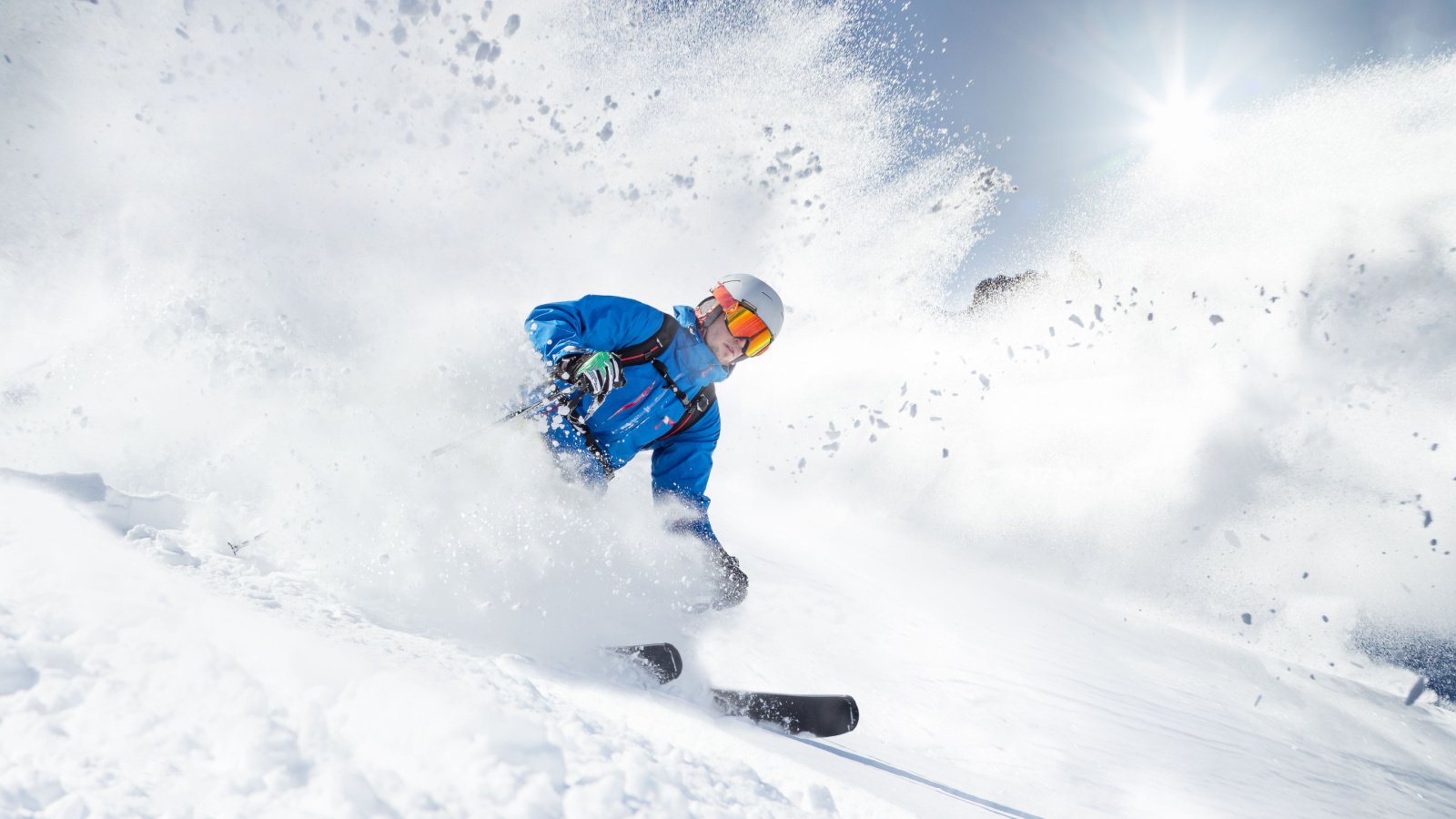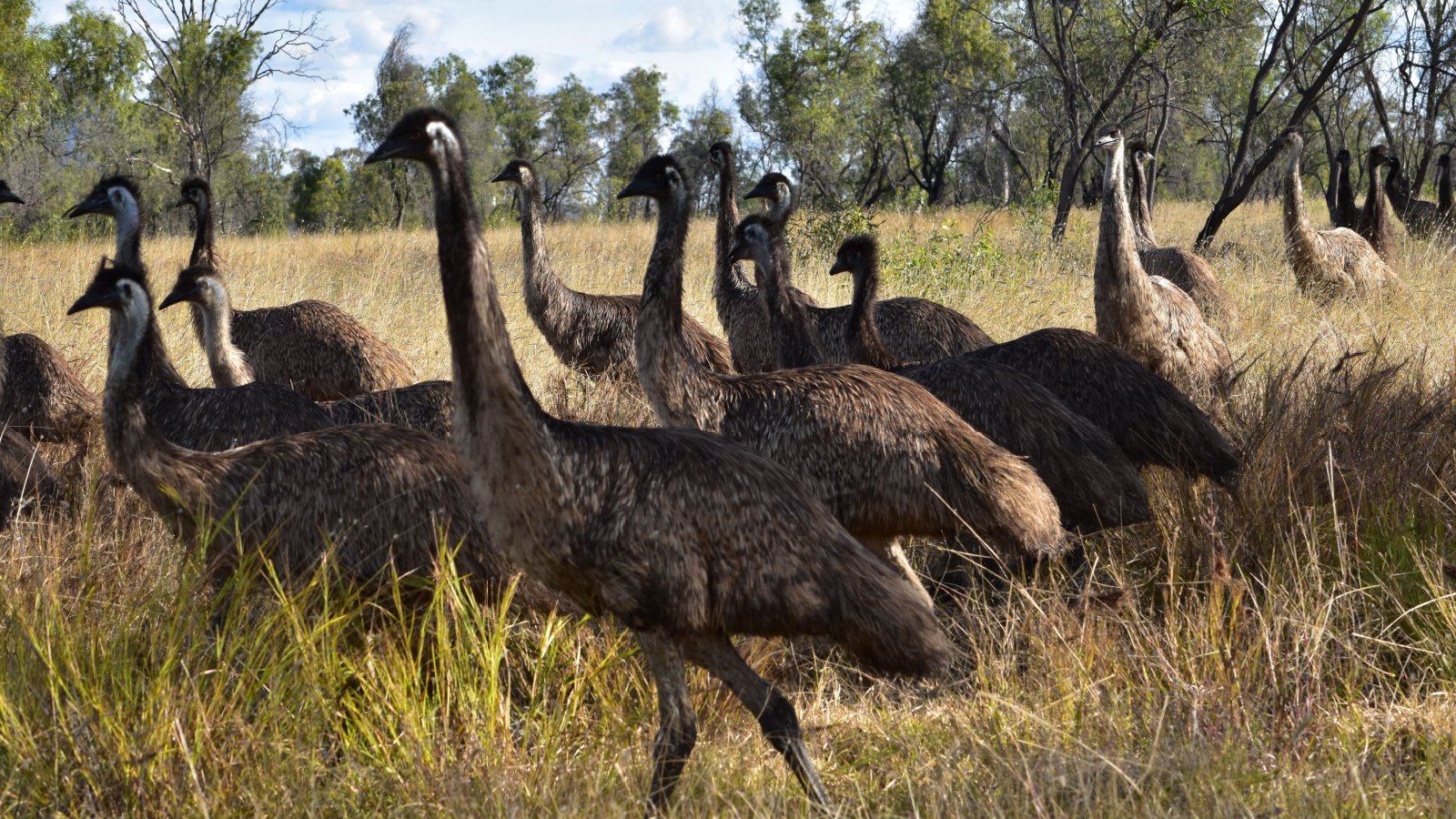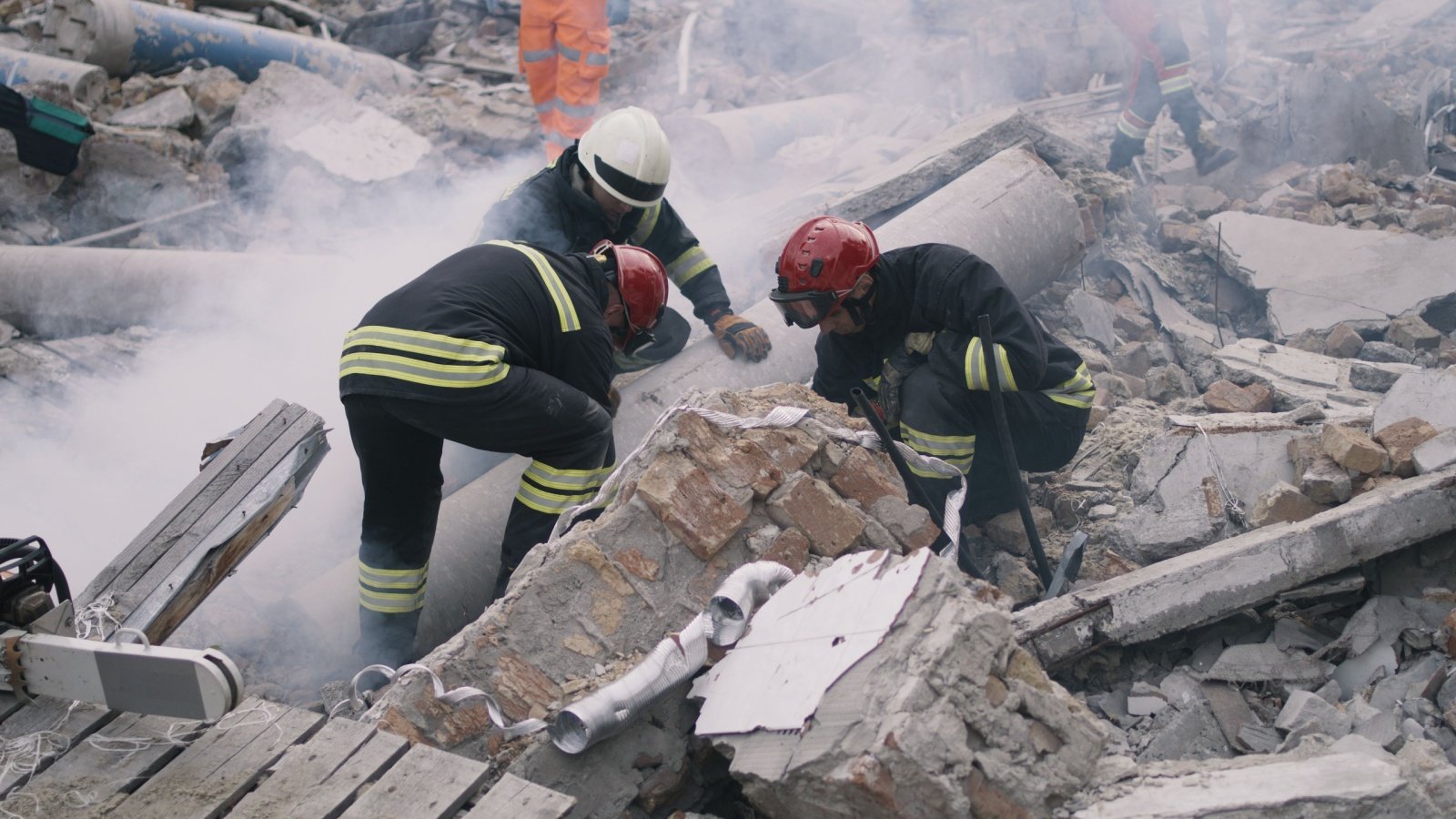On the off chance you find yourself stranded on a deserted island, these truths might be your salvation. Check out the survival techniques that many find counterintuitive and equip yourself with the invaluable wisdom of wilderness survival experts.
Sucking Out Snake Venom

Many believe that sucking the venom out of a snake bite will remove the toxin and reduce harm. However, this can spread the venom more quickly into the bloodstream and introduce bacteria to the wound. Instead, keep the wound below the heart level and seek immediate medical help.
Drinking Alcohol for Warmth

The idea that alcohol can warm you up in cold conditions is misleading. Alcohol causes blood vessels to dilate, increasing heat loss at the skin’s surface. Instead, avoid alcohol to stay warm and prevent hypothermia.
Eating Snow for Hydration

Eating snow can lower your body temperature, leading to hypothermia. Melting snow before drinking it is safer as it conserves body heat. Always try to heat snow before consuming it to avoid reducing your core temperature.
Playing Dead During a Bear Attack

This only works in specific scenarios, primarily with mother grizzly bears defending cubs. If you encounter a black bear or a predatory bear, fighting back is recommended. Assess the type of bear and its behavior before making a move.
Finding Water by Following Animals

Following animals to find water sounds logical but is, in fact, dangerous. Animals often travel great distances for water or may lead you to contaminated sources. It’s better to know signs of water in the environment, such as vegetation types or terrain features.
Rubbing Frostbitten Skin

Rubbing areas affected by frostbite might feel like a quick way to warm them up, but it causes more damage to frozen tissues. Instead, slowly rewarm frostbitten areas in warm water. Quick temperature changes can be damaging, so gradual rewarming is key.
Using Moss for Navigation

Many believe that moss only grows on the north side of trees, which can be used for navigation. However, moss can grow on all sides of the tree, depending on environmental conditions. Moss is an unreliable source of navigation.
Drinking Urine When Dehydrated

The field manual for the U.S. Army specifically recommends against drinking urine, even in the case of emergencies. Urine contains waste products and salts and can further dehydrate the body.
Building a Shelter in a Tree

While a tree might seem like a good place to avoid ground-level threats, sleeping in a tree increases the risk of falls and injuries. It’s safer to build a shelter on the ground that protects from the elements. Ensuring your shelter is visible to potential rescuers is also important.
Jumping into Water to Escape Bees

Jumping into the water to escape bees or wasps may provide a temporary respite, but these insects can wait above water. When you surface to breathe, they are likely to resume stinging. It’s better to run and cover your face and head until you reach shelter or disrupt their chase.
Leaning Back During a Nosebleed

Leaning back during a nosebleed can cause blood to run down the throat and lead to choking or vomiting. Instead, you should lean forward and pinch your nose to stop the blood flow. Keeping calm and upright can help slow the bleeding more safely.
Creating a Large Signal Fire

While you may think a large fire is a good signal, it can quickly get out of control, especially in dry conditions. A better method is to create three smaller fires in a triangle, which is an internationally recognized distress signal. Manageable fires are also easier and safer to maintain.
Eating Raw Meat for Strength

Consuming raw meat in a survival situation might seem like a necessary protein source, but it poses a high risk of parasitic infection or disease. Cooking meat thoroughly is essential to kill any harmful organisms. Always prioritize safety over hunger when preparing food in the wild.
Drinking Cactus Water

While some cacti contain water, it is often very acidic and can cause vomiting and diarrhea, leading to further dehydration. Only specific types of cacti, like the barrel cactus, contain safer water, but even this can be risky.
Using Mouth-to-Mouth on Hypothermia Victims

Applying mouth-to-mouth resuscitation to someone suffering from hypothermia can cause their already low body temperature to decrease further. Instead, focus on warming the body slowly with blankets and sharing body heat.
Assuming You Can Outrun Wild Animals

Most wild animals are significantly faster than humans and can maintain high speeds longer. It is more effective to make yourself appear larger and back away slowly while avoiding direct eye contact.
Believing You Can Go Without Sleep

While adrenaline might keep you awake initially, sleep deprivation quickly impairs cognitive function and decision-making. Prioritizing rest, even short periods, can make a significant difference in your survival chances.
Trusting All Running Water is Safe to Drink

Just because water is running, it doesn’t mean it is safe from pathogens and pollutants. Always purify water from streams or rivers before drinking unless in extreme emergencies. Boiling, chemical treatment, or filtering are effective methods to ensure water safety.
Ignoring Weather Warnings

Ignoring weather warnings and trying to “tough it out” can lead to life-threatening situations. Taking shelter and preparing for severe weather conditions can save your life. Always heed local advisories and prepare accordingly.
Thinking All Berries Are Safe

Many people think that if birds can eat berries, they must be safe for humans. However, many berries that are harmless to birds are toxic to humans. Learning to identify edible and poisonous berries is a vital survival skill.
Starting a Fight for Dominance with Group Members

In survival situations, some believe establishing dominance is key to leadership. This approach can lead to unnecessary conflict and reduce group cohesion when cooperation is crucial. Effective leadership involves communication, respect, and mutual support.
Relying on GPS Alone

While GPS is a useful tool, relying solely on it can lead you into danger if batteries die or signals are lost. Always carry a traditional map and compass and know how to use them. Understanding basic navigation skills is indispensable when technology fails.
Assuming Rescue Will Come Quickly

Waiting on rescue teams can lead to poor decision-making and a lack of preparation for a longer-term survival scenario. Always prepare to sustain yourself for longer than you think. Creating a plan and maintaining a positive but realistic outlook is vital.
Thinking All Smoke Signals are Visible

Believing that smoke from any fire will be visible from afar and attract rescuers is misleading. Conditions like fog, rain, or forest density can hide smoke. Using bright-colored materials or clearings for signals alongside smoke can enhance visibility.
Neglecting Mental Health

Maintaining mental health through positive thinking, goal setting, and routine can dramatically affect survival outcomes. Psychological readiness can be as important as physical preparedness in challenging environments.







